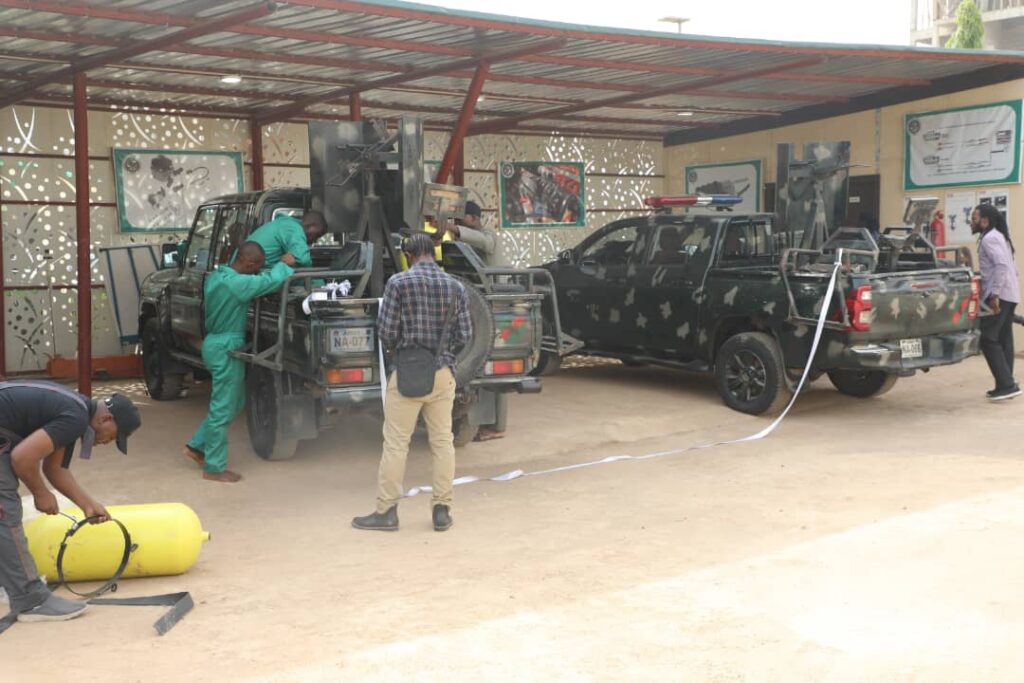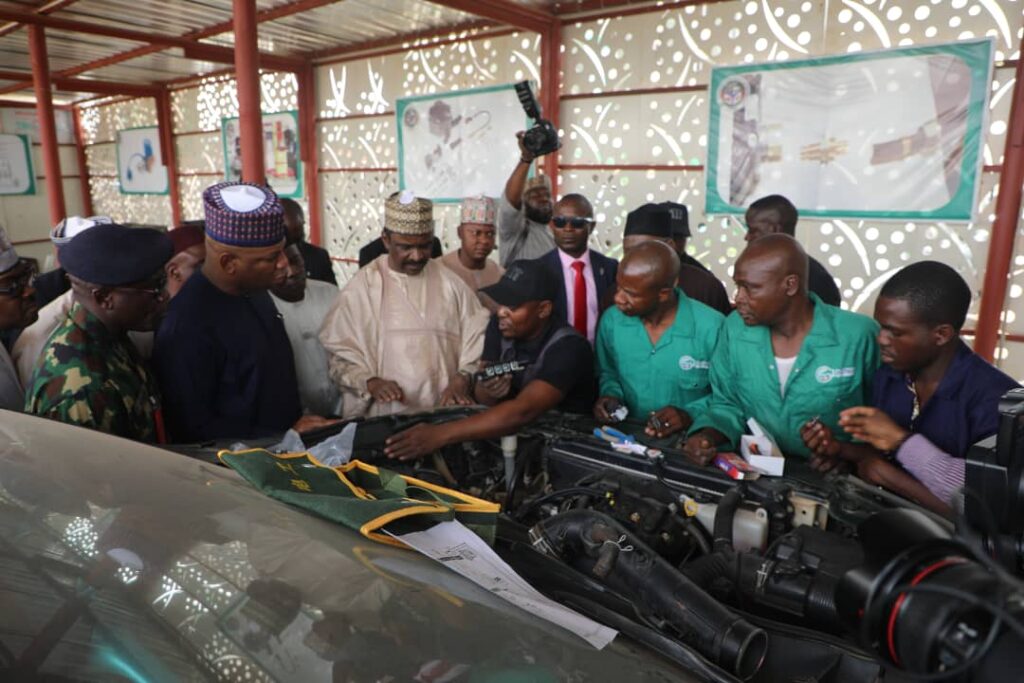The Nigerian Army (NA) has taken a proactive step to align with the Federal Government’s policy on subsidy by participating in the Presidential Compressed Natural Gas Initiative (PCNGI) program inaugurated. In participating in this initiative, approximately 30 operational vehicles would undergo conversion from Premium Motor Spirit (PMS)/ petrol-powered engines to environmentally friendly Compressed Natural Gas (CNG) in the pilot phase of the programme. This information is obtained by TheMediaGood Newspaper in the press release by Army’s Director of Public Relations, Maj. Gen. Onyema Nwachukwu.

Speaking at the Nigerian Army Fleet auto switch kick-off programme on Tuesday 19 March 2024, the Chief of Army Staff, Lieutenant General Taoreed Lagbaja represented by the Chief of Logistics (Army) Major General Erema Akerejola emphasized the importance of the NA’s involvement in the initiative, citing the large fleet of operational vehicles and other requirements. He added that 30 operational vehicles using PMS would be converted during the pilot phase and 22 personnel would be trained on the process of conversion. He disclosed further that the NA is willing to cooperate maximally and expressed appreciation to the President Bola Ahmed Tinubu for the initiative.

Equally speaking at the event, the Minister of Transportation, Senator Sa’id Ahmed Alkali, disclosed that the objective of the programme was to promote the adoption of CNG as an environmentally friendly and cost-effective alternative fuel for mobility within the Nigerian Army fleet. He expressed optimism that the outcome will enhance cost effectiveness and boost operational efficiency of the Nigerian Army.

In his remarks, the Project Co-ordinator, PCNGI, Engineer Micheal Oluwagbemi described the NA as one of the finest institutions in Nigeria. He added, that the coming on board of the NA is a major milestone, considering its large fleet of operational vehicles. He noted that NA’s effort has demonstrated a ‘forward-thinking approach showcasing the NA’s commitment to environmental responsibility and operational efficiency’.